We are a Galway-based chartered physiotherapy clinic that specialises in treating Myofascial Pain Syndrome (MPS). MPS is defined as pain associated with inflammation and irritation of the muscle or the fascia (connective tissue) that surrounds the muscle. MPS is a common clinical problem of muscle pain involving sensory, motor and autonomic symptoms caused by myofascial trigger points.
MPS is a soft tissue pain syndrome where the pain is present primarily in a single area or quadrant of the body, as compared to other soft tissue pain syndromes such as chronic fatigue syndrome, hypermobility syndrome, or fibromyalgia where the pain is generalized and spread throughout the body.
MPS can be acute or chronic. It can also be post-traumatic lasting beyond the “normal” time of healing, usually over 3 or 6 months. A myofascial trigger point is defined as a hyper-irritable spot, usually within a taut band of skeletal muscle and painful on compression or deep palpation. This can give rise to characteristic referred pain, motor dysfunction and autonomic phenomena.
Several possible mechanisms can lead to the development of MPS and myofascial trigger points including the following:
Mechanical:
Metabolic:
Psychosocial:
MPS can be a challenging condition to live with, but it does help to have input from specialists. Here at West Coast Physio, we are happy to help.
PHYSIOTHERAPY IS AN ESSENTIAL HEALTH SERVICE
During this pandemic, chartered physiotherapists at West Coast Physio will continue to provide services while following all relevant government COVID-19 guidelines to keep you safe during your visit, including screening for COVID-19 before each treatment.
Disclaimer: The information provided on this website is for informational purposes only and should not be treated as medical advice. If you have any questions about your condition, please do not hesitate to give us a call.
